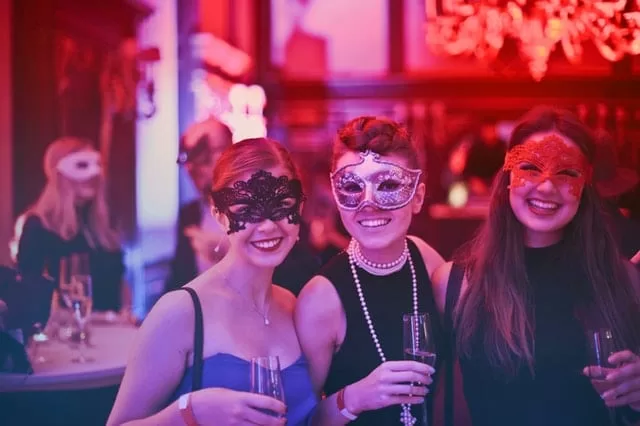Individuals treating their hearing loss in Lake Charles with hearing aids have difficulty following conversations in situations where there is more than one speaker present. There’s a name for this – it’s called the “cocktail party problem,” a phrase coined in 1953. Fortunately, you might have reason to raise a glass and toast the achievements of a group of researchers who believe new technology might provide a solution for this decades-old dilemma.
Hearing Aids Help in Most Situations
If you’ve been diagnosed with a hearing impairment in Lake Charles, the odds are good that you’ll benefit from hearing aids. 90 percent of hearing aid wearers in Louisiana find help from their devices, which work by amplifying sounds, allowing those with sensorineural hearing loss (the most common type) to hear – and communicate – more easily.
Hearing aids undeniably improve the quality of life for a majority of patients, but they are not without their limitations. Current technology isn’t able to focus in on an individual speaker in a room where multiple people are talking, so it defaults to amplifying the volume of everybody in the room. This makes it difficult for those with impaired hearing to follow conversations in these situations – a classic example of the cocktail party problem.
Auditory attention decoding, or AAD, just might offer a solution. This new technology measures the brainwave of the listener and compares it to nearby sound sources to determine the closest likely match. It’s a great idea in principle and proven to work in testing, but there isn’t yet a way to incorporate the technology into hearing aids. You would have to undergo an invasive surgical procedure currently, and few patients are willing to take such drastic measures. But scientists do believe they’ll figure out a way to make AAD technology portable, allowing it to be incorporated into hearing aids. This would allow people with hearing loss to be able to focus on specific individuals when mingling at cocktail parties and other places where there are multiple speakers competing for attention.
Tricia Ashby-Scabis, the director of audiology practices with the American Speech-Language-Hearing Association (ASHA) in Rockville, Maryland, is excited over the possibilities. “Artificial intelligence certainly sounds like a great option in terms of focused listening and setting precedence on which speaker the listener wants to hear,” she says.
It’ll probably be at least five years before hearing aids utilizing AAD technology hit the market. In the meantime, traditional hearing aids should be able to help out in most situations. If you have questions about the technology available for your specific hearing needs, feel free to schedule an appointment with a Lake Charles audiologist.

